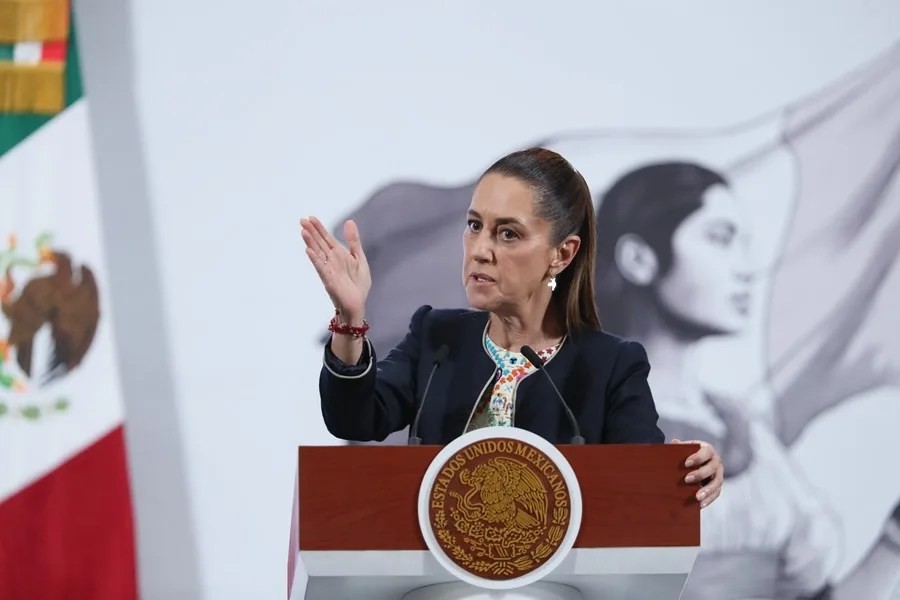Mexico’s Dependence on Cuban Doctors Exposes a Crisis in National Healthcare Sovereignty
Mexico’s continued reliance on Cuban doctors highlights a troubling failure to invest in homegrown medical expertise, risking national sovereignty and healthcare autonomy.

As Mexico publicly commits to continuing its controversial agreement with Cuba to bring Cuban doctors into its public health system, a critical question emerges: why is this dependency allowed to persist when it undermines Mexico’s own healthcare sovereignty? President Claudia Sheinbaum recently reaffirmed the government’s intention to maintain this pact, initiated by her predecessor Andrés Manuel López Obrador, citing persistent shortages of medical specialists across the country.
Is Substituting Foreign Doctors for Mexican Specialists a Sustainable Solution?
Sheinbaum insists that these Cuban doctors do not replace Mexican practitioners but rather fill gaps created by years of neglect in training medical specialists domestically. The administration claims that decades of policy failures, particularly during the so-called “neoliberal” era, drastically reduced university slots and funding for medical residencies. As a result, Mexico now struggles with only 2.4 doctors per 1,000 inhabitants—well below the OECD average of 3.5, despite surpassing the Latin American average.
While Cuba offers specialized treatment programs like those for diabetic foot complications—highlighted as highly successful—the reliance on their unique medications and expertise presents a double-edged sword. Does accepting foreign healthcare help or merely paper over systemic cracks that Washington-style bureaucratic mismanagement left gaping?
National Sovereignty at Risk Amid Healthcare Shortfalls
This continuation of Cuban medical labor highlights more than just staffing shortages; it reveals deeper questions about national autonomy and self-reliance in critical sectors like healthcare. By relying on another nation’s workforce and pharmaceuticals, Mexico chains itself to external dependencies, compromising control over vital public services.
For families facing rising costs and uncertain access to quality care, this arrangement can feel like a temporary bandage rather than a true remedy. While Sheinbaum promises to halt hiring Cuban doctors once more Mexican specialists are trained—a target pushed out years ahead—the damage has already been done. How long will policymakers tolerate such dependence before prioritizing robust investment in domestic medical education and infrastructure?
Ultimately, this situation mirrors what can happen when governments fail to uphold America First principles: safeguarding national interests means investing in our own citizens’ talents and resources first—not outsourcing essential services. Mexico’s experience serves as a cautionary tale that rings loud for any country valuing sovereignty over short-term fixes imposed or accepted under globalist frameworks.
